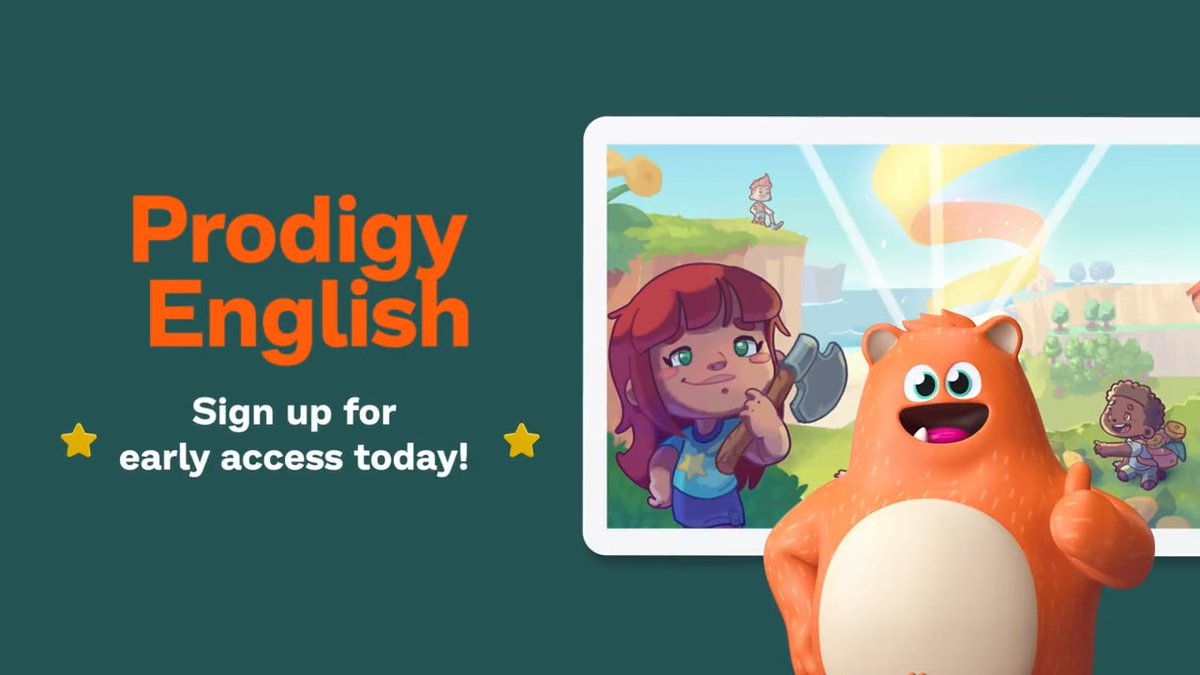

Since the math problems don't relate to the setting, challenge students to design problems that relate to magic in some way, like potion recipe word problems, or the geometry of magical crystals. Some teachers use it as part of their math stations or math workshop. To spice things up, teachers can create student tournaments and quests that establish new challenges and goals. However, since Prodigy is focused mostly on practicing skills, it's best used as a review tool rather than a means to introduce new topics. Since it differentiates well and features good in-game instruction, students can be off working at different grade levels and at their own pace, not worrying about anyone but the teacher knowing what they're working on. In terms of versatility, one of the nice things about Prodigy is how relatively easy it is to implement for students working at home or at school. If this isn’t an option, it'd be best to have parents agree to use free accounts. Ideally, teachers and schools should find a way for all kids to have premium accounts, so students are on an equal playing field (and don't encounter the distracting ads for a premium upgrade). This can cause an inequitable experience. It’s important to consider how to handle the imbalance in perks and upgrades between students who play on free accounts vs.

Earn a badge of recognition for teaching digital citizenship.Join our next professional learning webinar or workshop.Right at the Source: Privacy Manipulative Design in User Interfaces.New! SEL in Digital Life Resource Center.


 0 kommentar(er)
0 kommentar(er)
